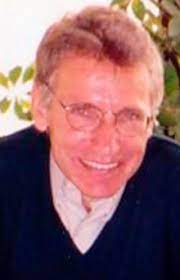

My Profile
About
Career Type:
Organization Type:
Expertise Fields/Interests:
Major Achievements:
Technical Committees
| Committee Name |
My Papers and Presentations
| Title | Year |
My Videos
| Title | Year |
IAHR Awards
| IAHR Awards | Date |
| Arthur Thomas Ippen Award | 1989 |